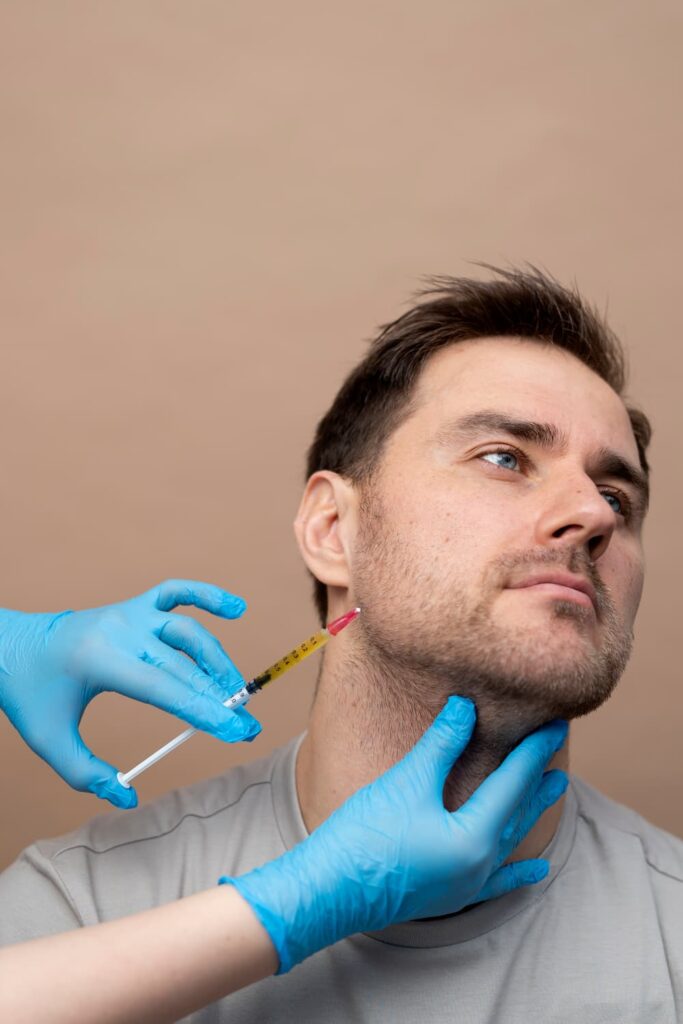
Bruxism poses a significant dental threat, causing tooth wear, sensitivity, and potential fractures. Symptoms like headaches and jaw soreness often accompany this condition.
At Copley Dental treatment options include mouth guards and skeletal muscle relaxants.
In a small German study involving 69 participants, heightened sleep-bruxing activity correlated with increased workplace and daily life stress. Stress management strategies were notably negative among those with elevated bruxing tendencies.
Etiologies of Bruxism are diverse, with psychoactive substances like #tobacco, #alcohol, and certain medications contributing to increased arousal. Mental health factors such as anxiety and stress are strongly linked to sleep-related tooth grinding, accounting for nearly 70% of cases. The use of certain medications, particularly selective serotonin reuptake inhibitors (SSRIs), can also exacerbate bruxism.
In addressing bruxism at Copley Dental, a comprehensive approach is crucial:
• Pharmacotherapy: Discontinuing implicated medications is paramount. Consider alternatives like Buspirone for anxiety, with potential options including Propranolol, gabapentin, or botox.
• Mechanical Solutions – Mouth Guards: Various options exist, ranging from premade plastic mouth guards (which may not offer ideal fit) to “boil and bite” alternatives (better fit but potentially uncomfortable) and custom-fit guards crafted by dental professionals, tailored to individual needs.
Notably, Botox can be explored as a viable treatment option, demonstrating efficacy in relaxing skeletal muscles and potentially mitigating bruxism.
Amidst the complexities of bruxism, a personalized approach considering both pharmacological and mechanical interventions offers a holistic strategy for effective management.